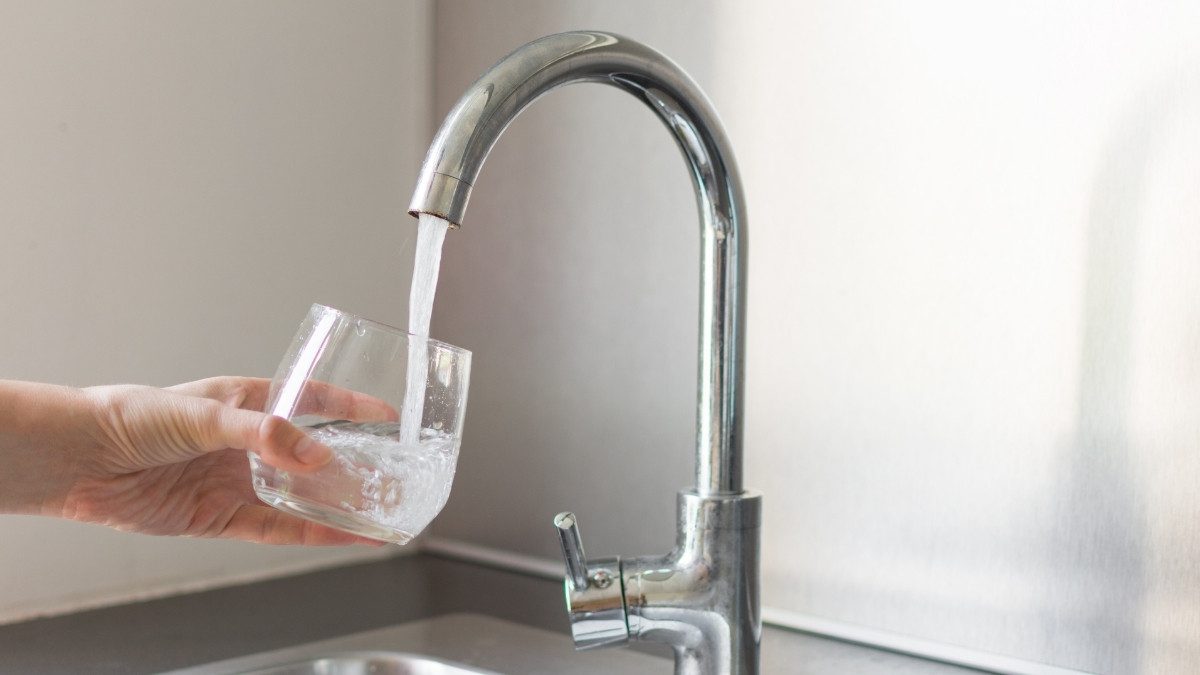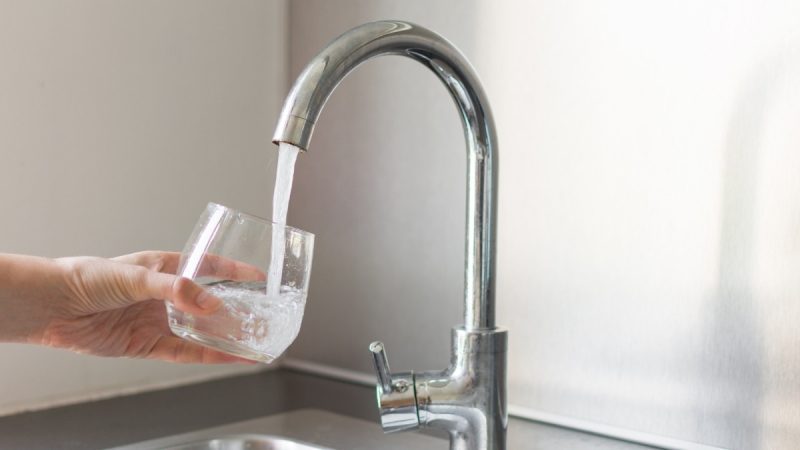We romanticise mountains, beaches, and good Wi-Fi, but honestly? Nothing feels as luxurious as turning on a tap in a foreign country and thinking, Yeah, I can drink this. Clean drinking water is not magic; it’s planning, science, and governments that don’t treat water policy as something secondary. These ten places consistently show up in global assessments, such as the Environmental Performance Index, WHO standards, Europe’s own water directives, and national monitoring, and their public water systems rarely make headlines (because they work smoothly). Let’s go country-hopping through some of the cleanest tap water on Earth.
10 Countries With The Cleanest Tap Water
1. Finland

If nature could flex, Finland would be its gym selfie. It has thousands of lakes, protected forests, and groundwater so clean that many towns barely treat it. Not because they’re lazy, the water simply arrives already pristine. Finnish utilities run frequent lab checks, and environmental rules are almost fanatically strict. Locals trust the tap; visitors end up filling bottles from public stations like they’ve found a secret hack.
Also Read: India Slips 5 Places In Global Passport Index; THESE Are The 10 Strongest Passports In The World
2. Switzerland
When you picture Switzerland, you probably see snow-capped mountains and impossibly clear streams. Good news: that’s basically what flows into taps. About 80% of Swiss drinking water comes straight from protected groundwater. Switzerland spends seriously on watershed security and doesn’t take shortcuts in treatment. They also operate on a simple principle: “polluter pays.”
3. Norway

Norway is like a postcard that turned into a country with the cleanest tap water. It has Fjords, mountain lakes, glaciers and water that often needs minimal treatment. Authorities pour more effort into protecting the source than filtering it later. There’s also the technical backbone: UV systems, constant checks, and real-time monitoring. Low population density helps, but don’t chalk it up to luck, Norway treats water like an asset, not an afterthought.
4. Iceland
Iceland gets volcanic drama, geothermal power, and tap water that tastes like nature doing a victory lap. Lava fields actually act as giant filters, and many taps pull straight from cold springs. You’ll see restaurants proudly serve tap water, not bottled, as it is the cleanest tap water you can imagine and Icelanders genuinely side-eye tourists who buy plastic water bottles. Their secret weapon is clean energy powering modern treatment systems, so purity and sustainability go hand-in-hand here.
5. Singapore

Singapore didn’t inherit abundant rivers or vast snowmelt, it engineered a water miracle to serve the cleanest tap water. Four sources feed the system: imported water, rainwater, desalination, and the globally admired NEWater, which uses membrane filtration and UV to recycle water into an ultra-safe drinking supply. The country monitors pipes with technology that feels sci-fi. Singapore proves that scarcity can spark innovation instead of crisis.
6. Australia
A dry continent shouldn’t top water-safety lists, yet here we are. Cities like Sydney, Melbourne, and Perth rely on advanced treatment plants, desalination during drought years, and heavy-duty microbial testing. Australia learnt from water scares and climate stress; today, water boards test, retest, and bring scientific vigilance that rivals tech labs. Bushfires, heatwaves, floods – they plan for everything because they’ve seen everything.
7. Germany

German tap water has rules, and lots of them! That’s why they can serve the cleanest tap water. Utilities test frequently, farmers face limits on fertilisers to protect groundwater, and pipe systems get modernised rather than ignored. Many regions tap deep aquifers and mountain springs, so treatment is more like refinement than rescue. Also, water companies must publicly publish quality reports and transparency isn’t optional. It’s very German in the best way: strict, efficient and dependable.
Also Read: Indian Man Held For Stabbing 2 Teens With Metal Fork On Chicago-Germany Lufthansa Flight
8. United Kingdom
The UK’s tap water comes from a mix of rivers, reservoirs, and groundwater. There’s a powerful regulator, the Drinking Water Inspectorate, that audits supplies fiercely. Most Brits don’t think twice before filling a glass at home (unless a specific area gets a temporary boil notice), and testing happens more often than you’d expect. Old pipes in some towns do create hiccups, but nationwide standards are high and enforcement is real to serve the cleanest tap water.
9. Luxembourg
Luxembourg is tiny, wealthy, and obsessive about public services. That combination helps! Groundwater protection zones are guarded, treatment plants are modern, and infrastructure moves fast. If something goes wrong, it gets fixed quickly, as scale matters. As part of the EU, they follow strict directives; internally, they go even further. Clean tap water here feels like part of everyday dignity, not a luxury.
10. Italy

Italy might be famous for bottled spring water brands, but the tap water, especially up north, often comes from those same mountain and glacier sources and is touted to be one of the cleanest tap waters known to mankind. There are public fountains all over Rome, Florence, Milan, and Naples, and the water coming out is tested constantly. Treatment is robust, and the EU enforcement layer adds accountability. Ageing pipes in certain southern pockets still get upgrading attention, yet national standards stay high and access remains widespread.
What These Countries Have in Common
All these countries above didn’t just “get lucky” with the cleanest tap water. Well, okay, having glaciers helps, but the real magic is practical:
- They have strong laws which are regularly enforced
- Heavy investment in pipes, plants, and sensors
- Public trust built through transparency
- Source protection first, technology second
If you ever doubt the power of governance, pour a clear glass of tap water in Helsinki or Zurich. That’s what it tastes like when science, planning, and political will align. Good water isn’t luck, it’s work.
Cover Image Courtesy: innador/CanvaPro
For more such snackable content, interesting discoveries and the latest updates on food, travel and experiences in your city, download the Curly Tales App. Download HERE. First Published: October 30, 2025 11:12 PM




